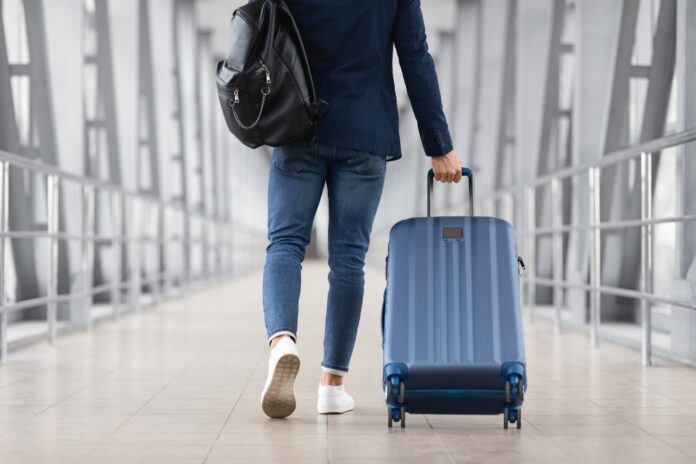BATON ROUGE, La. (BRPROUD) – After sacrificing some of the most enjoyable aspects of life for COVID-related quarantines and social distancing, many in the U.S. are eager to resume one of the activities they love most, traveling overseas.
According to one report, in 2021, international departures from the U.S. totaled 49.1 million.
But what are some things a person can do in preparation to make their trip as safe and enjoyable as possible?
The following suggestions may be helpful in this regard:
Study up on the culture
Use Google, YouTube, and online encyclopedias to learn a bit about the country’s history and the day-to-day lives of locals. Some aspects of the culture to pay special attention to are ways they show respect to each other, how to avoid disrespecting anyone in the culture, popular local foods, and upcoming local festivals.
Learn some basic phrases in the local language
While you don’t need to become a fluent speaker, it will be very helpful to learn a few basic terms and questions. A few suggested phrases to start with would be, “My name is___,” “What is your name?” and “I speak English, do you speak English?”
Protect your health
Look into the area’s overall reputation of the healthcare system and scout out a few hospitals in the cities you will be staying. In addition to this, consult with your doctor to ensure you’re up-to-date on any and all vaccines recommended for those engaging in international travel.
Consider purchasing medical and travel assistance
Prepare documentation to have on hand, and leave copies with a trusted person
Secure all important documents, including your passport, driver’s license, visa and travel itinerary, and prepare to bring these with you. But leave copies of them with your attorney, close friend, or family member before leaving. This way, should something happen to your documents while you’re traveling, you’ll be able to get copies with a quick phone call.
Consider joining the State Department’s Smart Traveler Enrollment Program
Registering for the State Department’s free Smart Traveler Enrollment Program service is often recommended, especially if you’re traveling to areas that are experiencing unrest. When you join the program, this allows the closest U.S. embassy or Consulate to alert you in the event of a crisis, such as a security threat or natural disaster. In addition to this, you can receive updated travel alerts and advisories on the location you’re visiting as well as assistance in the event of an emergency.
Keep Your Money in Different Places
According to U.S. News and World Report, “While overseas, never keep all of your bank cards, credit cards and cash in one place. That way, you’ll ensure you’ll have access to funds in the event your wallet or purse is stolen. Instead, keep your money in different places to ensure your cash is out of the hands of pickpockets. Store different cards and cash inside your hotel room safe or your suitcase to protect yourself against theft.”
Lock up Your Passport and Valuables
According to U.S. News and World Report, “Even if you’re staying in a four- or five-star property abroad, always lock your passport in your hotel safe to avoid a major headache. It’s also important to leave valuable items at home and out of your pockets while you’re walking down the street. This includes your wallet, money and jewelry. Many pickpockets target unsuspecting travelers by grabbing items from their front, back or side pockets without causing them to flinch. If necessary, carry important possessions in a secure cross-body bag or in your front coat pocket, where you can keep an eye on them.”
Buy a Data Plan or Sim Card
According to U.S. News and World Report, “If you’re traveling on budget, a sim card or data plan can seem like an unnecessary cost. However, it can be a helpful lifeline if you get lost or scared journeying on your own. Having a phone that works not only keeps you connected to family and friends, but will make it easy to report a theft, call the police or access maps if you’re lost.”
Be careful of what you post on social media while traveling
It also isn’t recommended to post pictures of yourself overseas on social media while you’re traveling. Experts say it’s best to post pictures after returning home because you don’t want potential burglars to know you’ve left an empty house behind.
How to celebrate National Chili Dog Day
Additional tips on how to have a safe trip overseas can be found here.













